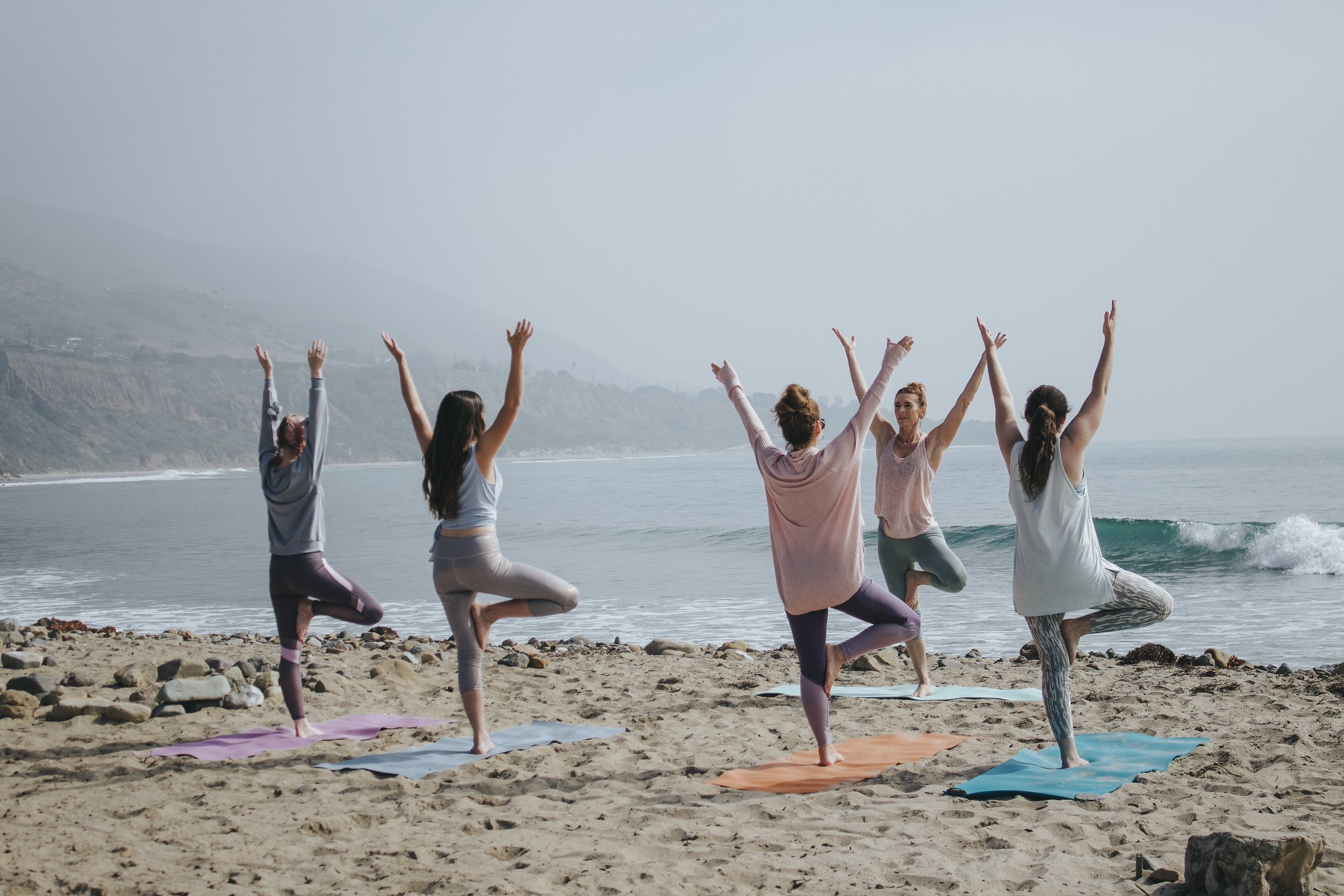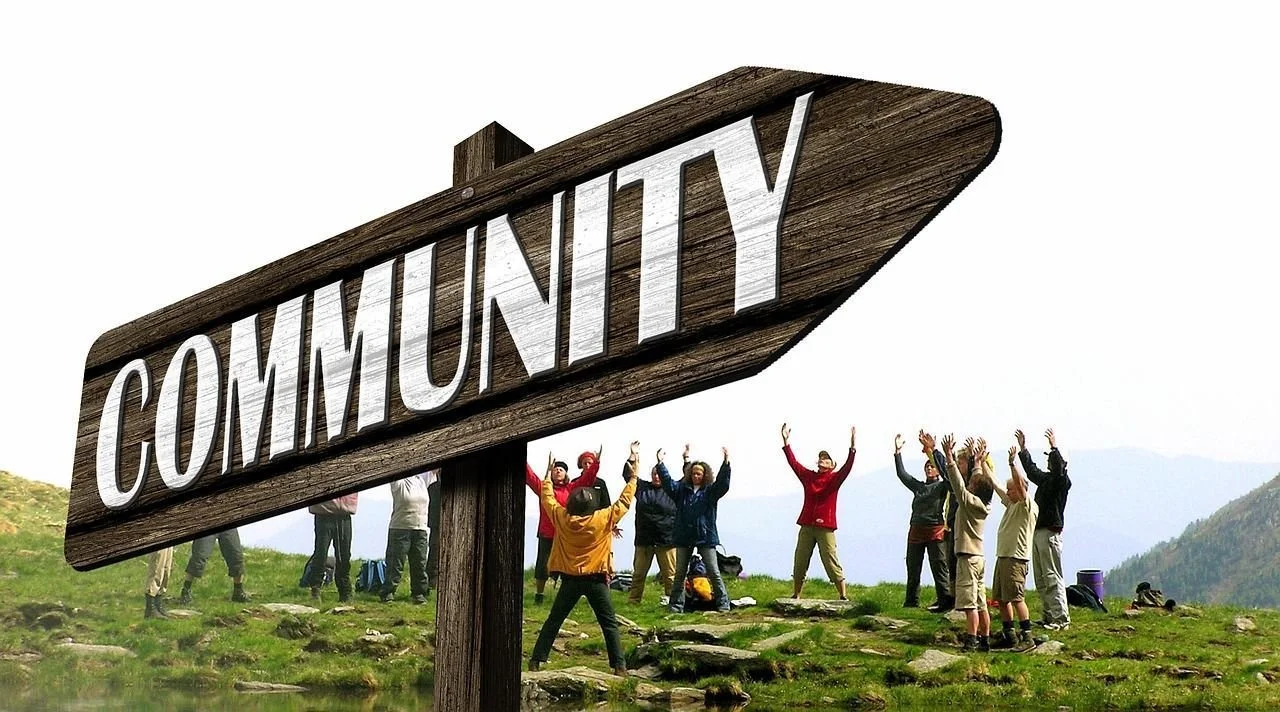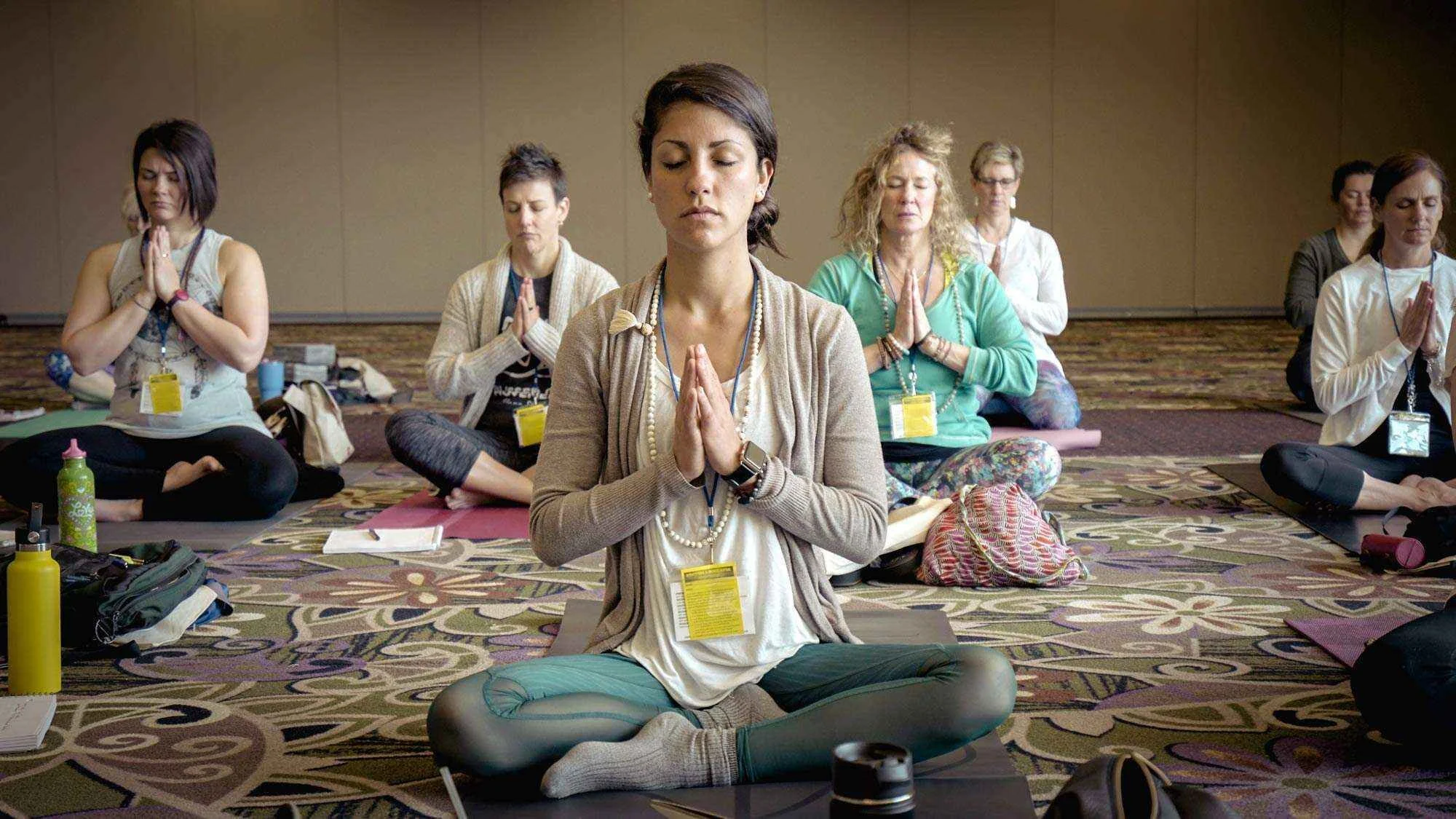A Sense of Belonging
What does it mean to be part of the group?
“True belonging is not passive…It’s a practice that requires us to be vulnerable, get uncomfortable, and learn how to be present with people without sacrificing who we are.”
Brene Brown
One thing I’ve struggled with my whole life is feeling like I belong. As a young, very shy child, I didn’t feel like I fit in with kids my age or my popular, very social parents. As a teenager, I definitely didn’t feel like I fit in with the “cool crowd” (or any crowd, for that matter) at high school. Things improved a little at university, but I still craved belonging. As I get older (and wiser maybe?) I’m beginning to understand why belonging has always been difficult for me and why I always choose the word belong as one of the top values in my life.
What does it mean to belong and why is it so important?
Belongingness is defined as a human need to be accepted as a member or part of a group - family, work, social, etc. Anyone who has studied Psychology 101 has heard about Maslow’s hierarchy of needs and “belongingness” is on the third rung of this hierarchy (which includes physiological, safety, belongingness and love, esteem and self-actualization). The need to belong and be loved directly follows food and shelter and is vitally important in our lives. Without that sense of belonging it’s hard to develop the next rung on the ladder, a strong sense of self.
When we have a sense of belonging, it gives more meaning to our lives and we feel more connected to others. When we belong in a group we have somewhere to go when we need
help or when things go wrong. We feel less lonely in the world.
How can you build a sense of belonging?
Building a sense of belonging does take some effort on your part and a good place to start is to feel a belonging with yourself. What does that mean exactly? It means that you’re living in integrity, the way that you really want (and were meant) to live, not by the expectations of others. From the time we’re born, we learn how to develop and fine-tune our social selves; the self that we present to the world. We learn what makes others happy and we don’t want to disappoint them. Those of us who identify as people-pleasers will do almost anything to make our family and friends proud. This often results in putting aside our own desires to try and please others. Spend some time befriending yourself and see what happens.
Here are 3 steps you can take to get started on increasing your sense of belonging:
Challenge your thoughts and beliefs: The thought “I don’t belong” creates a negative feeling in your body and doesn’t serve you. Here’s an exercise to try: Close your eyes and say to yourself, “I don’t belong”. Notice the sensations you experience in your body when you think that thought. Now try saying to yourself, “It’s possible I could belong” and notice if there are any shifts. Your brain is always looking for evidence to support whatever you are thinking. If you continue to think, “I don’t belong” that’s the result you’ll get. It’s time to take a deep breath and start changing that story.
Identify who and what are most important to you: Put aside others’ expectations and make a list (do lots of journaling!) to help you figure out where you want to belong. Be curious and keep an open mind. Spend time developing your self-awareness.
Differentiate between a sense of true belonging and the “shoulds”: Take off your people-pleasing hat while you do this exercise! Where do you really, actually, want to belong? Use that self-awareness muscle from #2 and spend time really figuring that out. Are you joining a club or volunteering with an organization because someone else suggested it and/or you think it will be good for you? Unless it lights you up, experiment with politely saying “no”.
Once you’ve got a better idea of who you really want to be and where you really want to belong, it’s time to start saying “yes” to opportunities to be with others who are similar to you. Try to let go of your judgments and be open to new experiences.
Here’s another quote from Brene Brown, author of Braving the Wilderness: The Quest for Belonging and the Courage to Stand Alone, to start you on your journey to belongingness:
“True belonging is the spiritual practice of believing in and belonging to yourself so deeply that you can share your most authentic self with the world and find sacredness in both being a part of something and standing alone in the wilderness.”
———
I’d love to hear from you so please send any comments or questions to me at sharon@sharonashtonmindfulyoga.com. Feel free to share this email with anyone else who may be interested.
Please check out The Journey Within podcast at:
What is stopping you from living your best life? Get out your journal and a pen and take the new quiz on my website to find out:
Are you interested in learning more about life change & mindset coaching from a mind/body perspective? Please email me at sharon@sharonashtonmindfulyoga.com for more information or to schedule a free introductory consultation to see if coaching is right for you. You can also visit my website coaching page.
"I felt at complete ease with Sharon from our first conversation. She has a wonderful, gentle but firm way that made me focus on my thoughts / feelings so I could remove / change to move forward with a completely different feeling to what felt like obstacles. It was great having regular coaching that gently kept me accountable to actioning and moving towards my goals. Sharon has vast experience in so many areas, I felt that makes her an amazing coach.”
— Michelle Carney, East Galway, Ireland
You can access your free Find Your Inner Coach Guide including a guided visualization and journal prompts here:
If you’re interested in more inspiration and community around positive mindset, slow mindful yoga, meditation and mindful writing practices, come join our private Facebook group here:








